Customer Information
Saving tips
Conscious and responsible consumption of power and water requires awareness of how and when you use them, and the desire to balance comfort with economy.
Our Communication department can provide advice on how to stay aware of your consumption of water and power and provide water- and energy-saving tips. We will help you estimate use of power or water by household appliance, and determine ways you can conserve. We provide information when you purchase a new appliance that will allow you to balance comfort, cost, and energy conservation.
House Lighting
- Walk around inside and outside your house and pay attention to the lighting that you have chosen. You need not have the same lighting everywhere.
- In areas where there is nobody, such as in the passage, it is perhaps not necessary at all to have lights on.
- Having atmospheric lighting on in your house is cozy. A lamp that serves only as atmospheric lighting doesn’t need be as powerful as a lamp that is used for reading or working. See whether there are lamps in your house with an unnecessary high wattage. Perhaps you can replace 100 watt bulbs by 60 or 40 watt bulbs, or even better, by low-energy light bulbs or LED’s. Low-energy bulbs and LED’s are notably interesting if they are on for more than three hours per day.
- In the case of exterior lighting, it is recommended to use light bulbs that switch on automatically at dusk or if someone comes in the vicinity of the lamp.
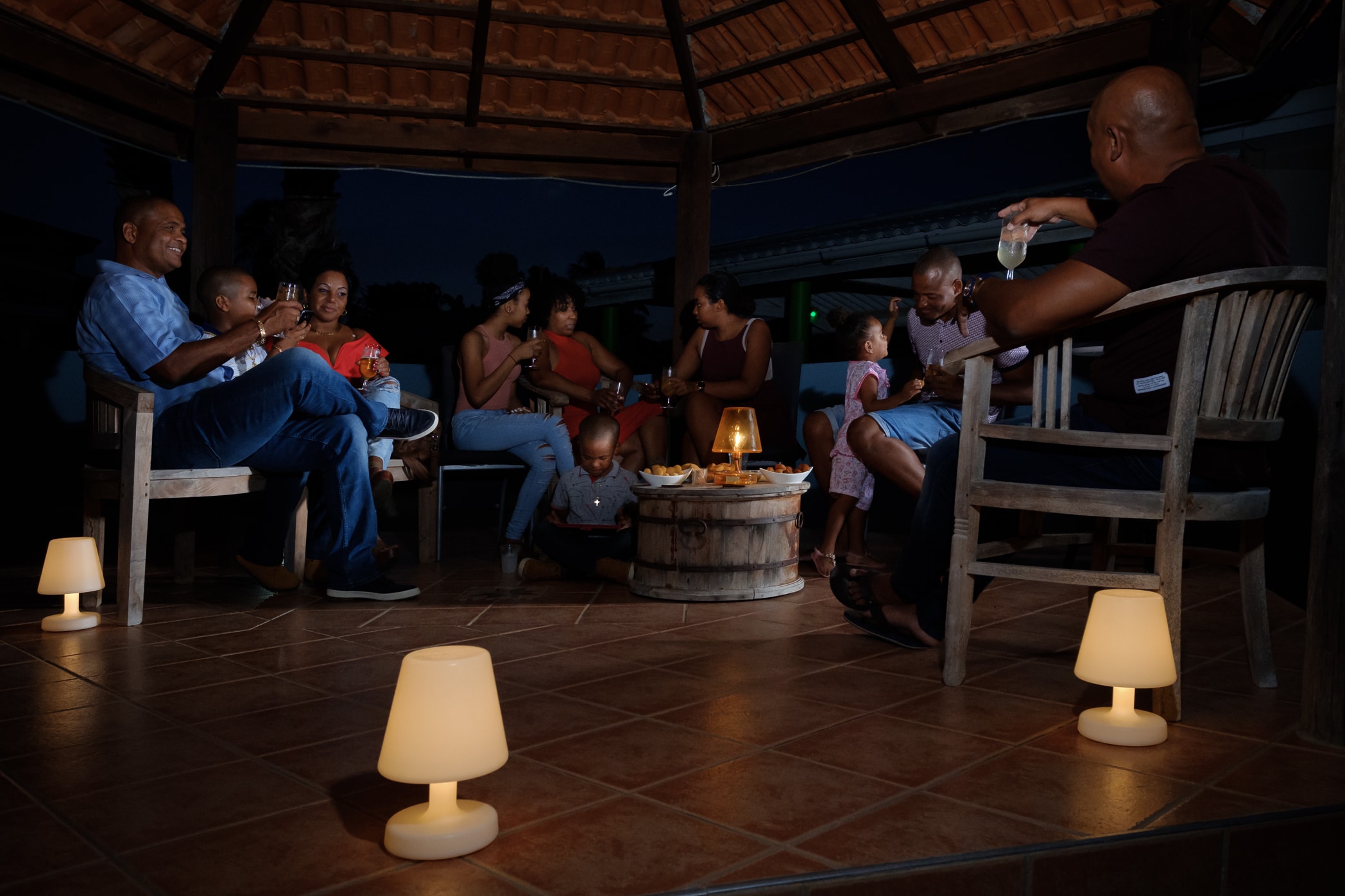
Air-conditioning
- Try as much as possible to limit penetrating sunlight in a room that is cooled by an air-conditioner by means of exterior sun protection (a lean-to, shady trees), or interior sun protection (roll-down, venetian blinds, thick curtains, foil on window-panes). See to it also that the cold air does not leave the room easily (underside of doors, open windows or doors, apertures in frames, etc.).
- Screen off the air-condition unit from the sun, for example by placing a hood. Due to the increased temperature of the housing, the temperature regulator will switch on the air-conditioner more often, on account of which the energy consumption will increase.
- Clean the air-filters regularly. A thick layer of dust on the filter impedes circulation of air, on account of which the air-conditioner has to use more energy.
- When purchasing an air-conditioner, pay attention to its capacity (the number of BTUs) and to the Energy Efficiency Rate (E.E.R.). An E.E.R. from 8 to 9 is average, from 9 to 10 is good and from 10 to 12 is excellent. The level of the E.E.R. depends on the capacity of the unit. Compared to the split-unit, a window-unit has a lower E.E.R.
- If you leave the cooled room for just a little while, it is not so wise to switch off the air-conditioner and switch it on again after an hour. That costs more energy than setting the temperature temporarily a little higher. The lower the thermostat, the more electricity the air-conditioner will use.
- It is sometimes recommended to use a time switch for your air-conditioner. Let your air-conditioner in your bedroom for example, switch off automatically at night after a few hours. Your bedroom often remains cool enough to sleep on till the next morning.
- Consider setting the temperature of your air-conditioner a couple of degrees higher and sleep, for example, under a sheet instead of a blanket.
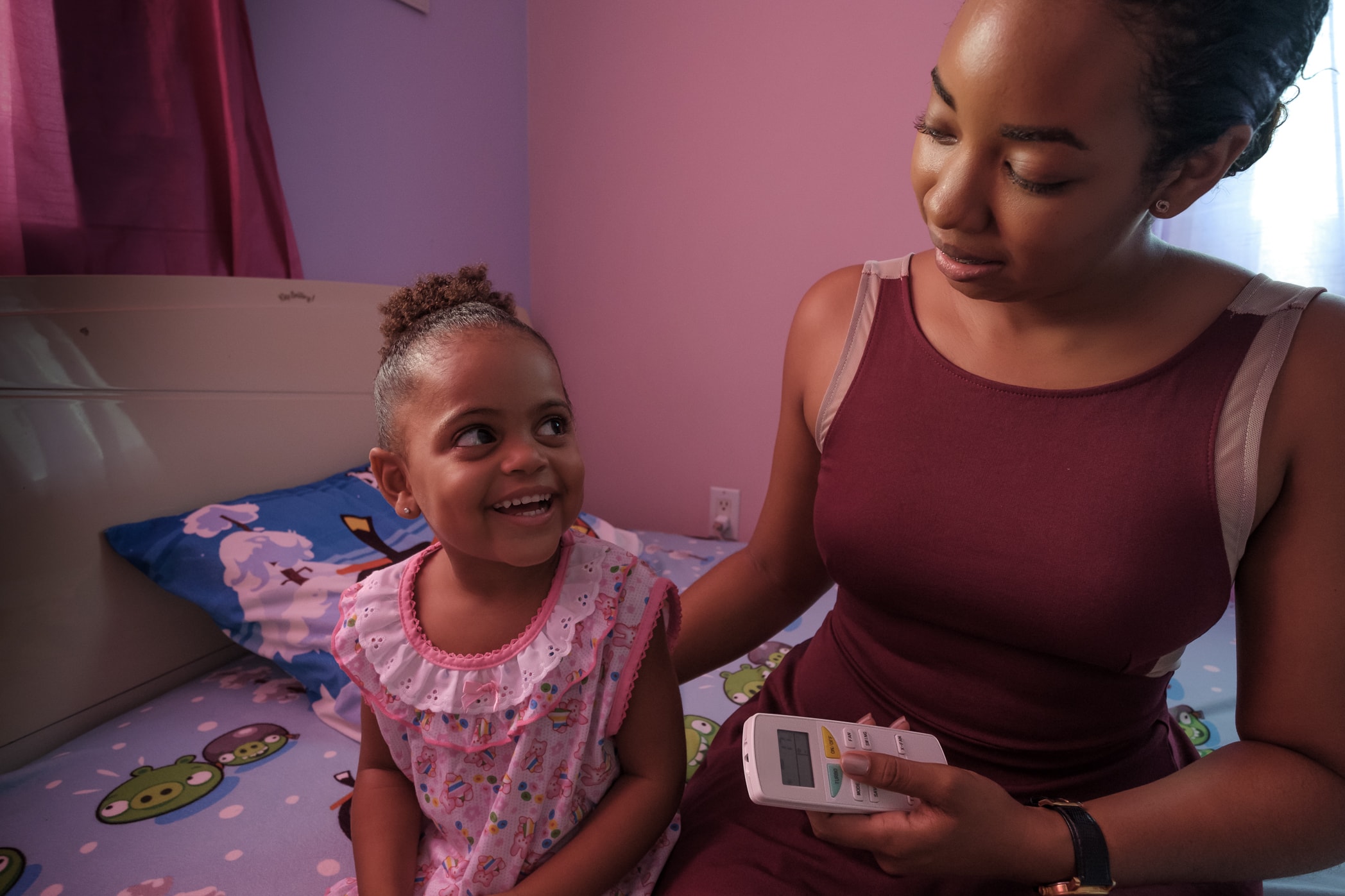
Your Refrigerator
- When purchasing a refrigerator, choose one that matches your household. Too large a refrigerator often leads to you putting things in it that actually do not need to be in the refrigerator, such as full bottles of soda, unopened cans and glass jars. The more objects you put in the refrigerator, the more energy your refrigerator is going to use.
- See to it that your refrigerator is not in the sun or too close to the stove. Don’t put it too close to the wall and see to it that it is level.
- Allow the door of your refrigerator to be open as short as possible, so that as little warm air as possible will enter. All warm air will have to be cooled inside again, and this again costs extra energy.
- Clean your refrigerator regularly. When thick layers of ice occur in the cooling or freezing compartment, your refrigerator will use more energy. Check the sealing rubbers, vinyl or other synthetic profiles of the doors for cracks and damage and replace them, if necessary.
- A refrigerator discharges heat via the rear. There you have a condenser. The discharge of heat may not be stagnated. So, it is very important to clean the condenser regularly.
- If you are going on vacation, empty your refrigerator, pull out the plug from the outlet and leave the door ajar.
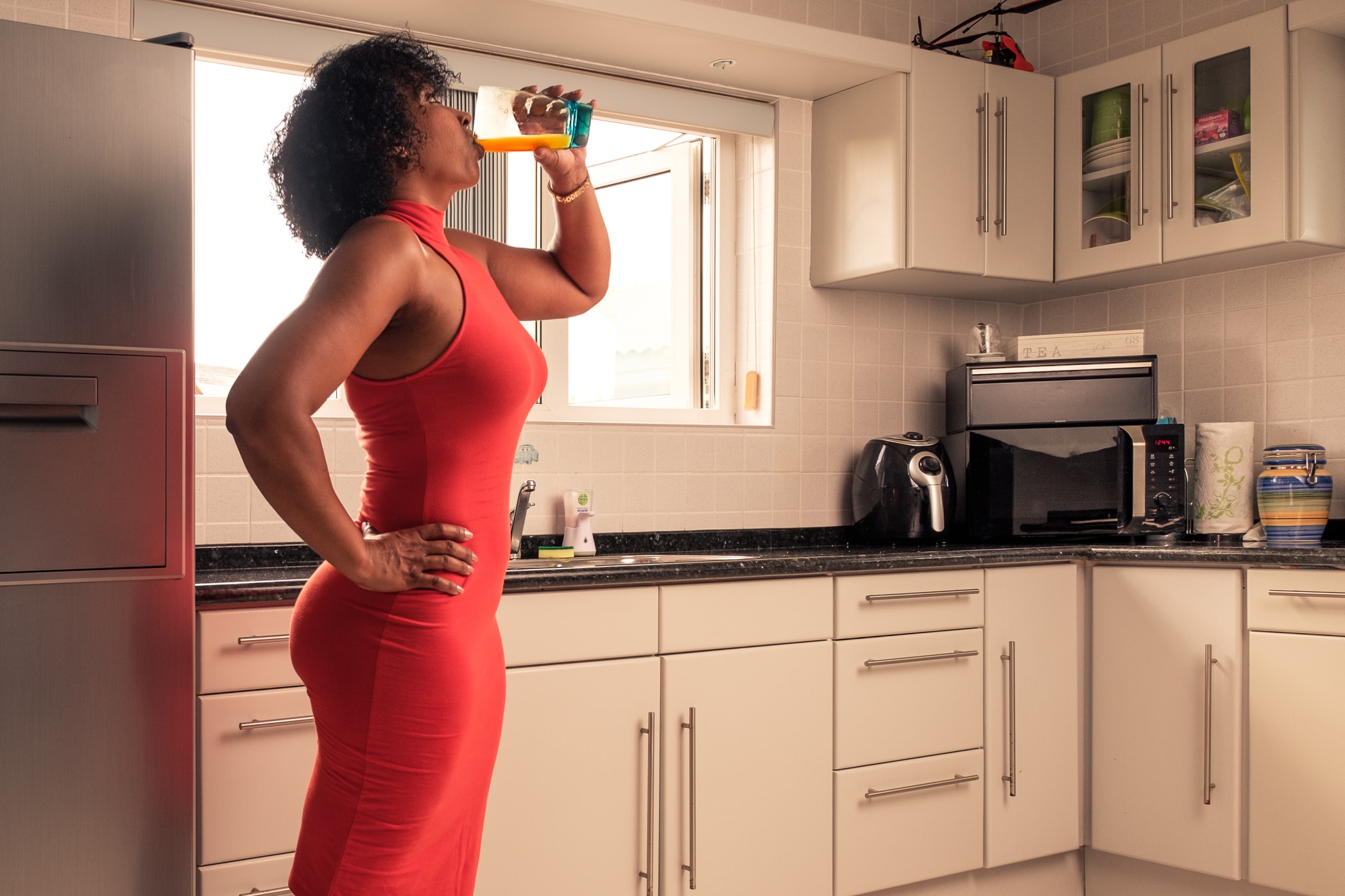
TV & Sound Equipment
- TV and sound equipment that are on standby, switched off with the remote control only, continue to consume energy! It is recommended that you really switch off the equipment with the button on the appliance if you are no longer watching or listening.
- There is often a radio or tv on, simply by sheer habit, while actually nobody is listening or watching. Be aware of this and turn off the radio or tv.
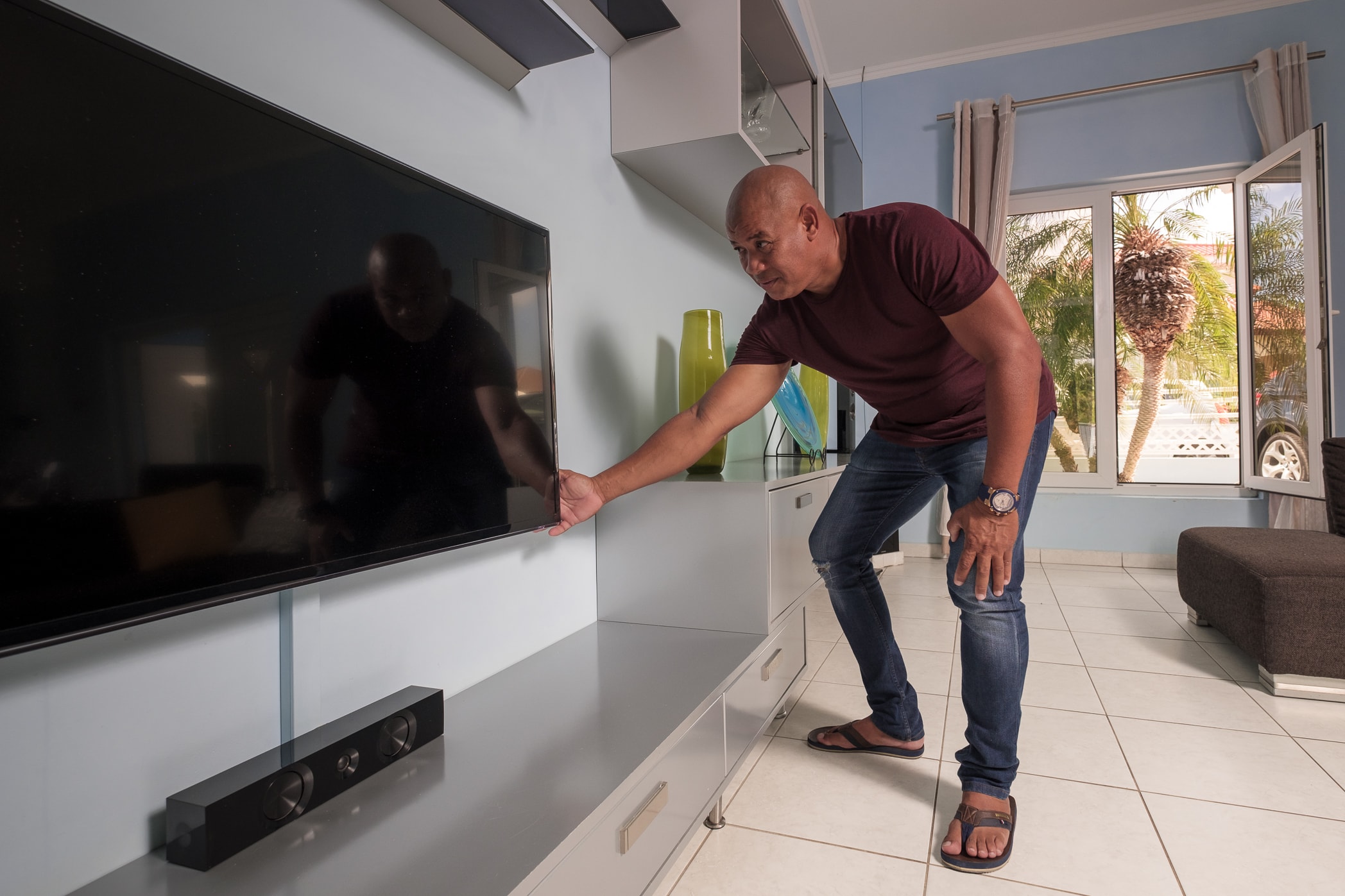
Your Washing Machine
- Use your washing machine only if you have a full load of laundry. Washing small loads regularly leads to unnecessary energy and water consumption. Washing a half-full drum costs just as much energy and water as a full one. You can program a shorter washing cycle for clothes that are not very dirty.
- Don’t forget that we have sun and wind in abundance here: ideal for drying your laundry fast.
- Catch the waste water and use it for cleaning your steps or watering your plants.
- When purchasing a new washing machine, pay attention to the following characteristics: low water consumption, maximum permissible load, the possibility to adjust the water level in advance, depending on the amount of laundry.
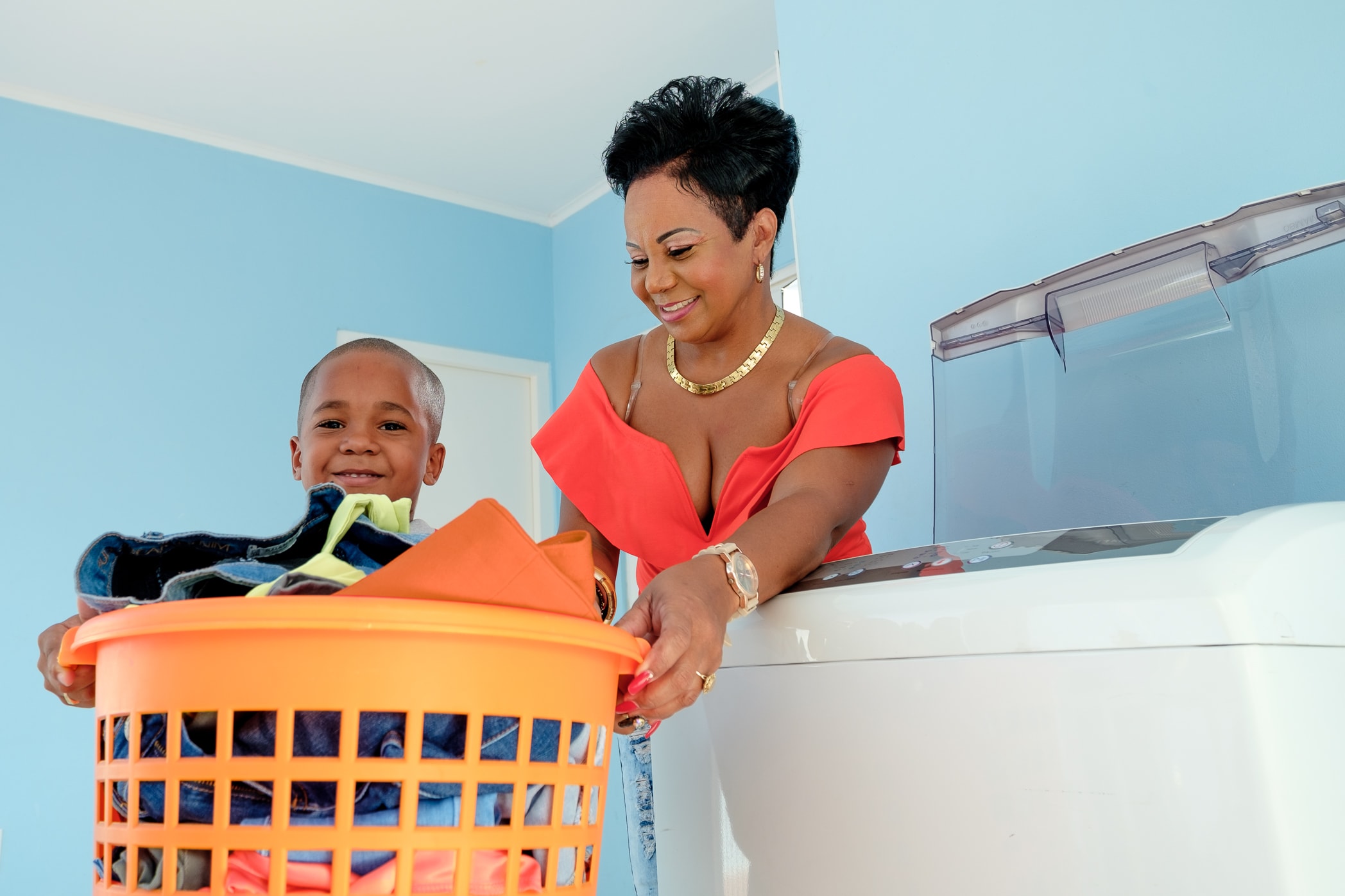
Sanitary Facilities
- By placing water-saving mouthpieces on faucets, 50% can easily be saved on water consumption. You can attach them easily yourself. The threads are universal and don’t require tools. The effectiveness of the water supply is not affected by placing these accessories; the division of the jets of water is better and you get a kind of foam effect.
- Check shower and toilet faucets regularly for leaks and repair them as soon as possible. A leak of a drop of water per second leads, on an annual basis, to a waste of 15,600 liters or 15.6 m3.
- Check to see after flushing the toilet whether there is still water flowing into the toilet. You can check this by putting a small amount of blue in the tank and not flushing it immediately. If any of the blue flows into the toilet, you have a leak.
- If you are buying a new toilet set, make a choice from water-saving toilets. The tanks of these toilets have a flush stop and offer the choice between a small or a big flush, depending on the necessity.
The Garden
- A drip-irrigation system for watering plants is a good option.
- Water your plants in the morning; the evaporation is least then and besides, most plants ‘drink’ in the morning at sunrise.
- Choose local tropical plants for your garden; they even survive dry periods with little water or rain.
- Put mulch, wood shavings or dry leaves around your plants in order to counteract the evaporation during the day. Mulch limits the evaporation up to approximately 70%.
- The washing water from the kitchen or shower, also called ‘gray water’, can be used for plants.
- Clean your paths and driveways with a broom and not with a garden hose.
- A lawn requires a lot of water; a better alternative is making use of pebbles.
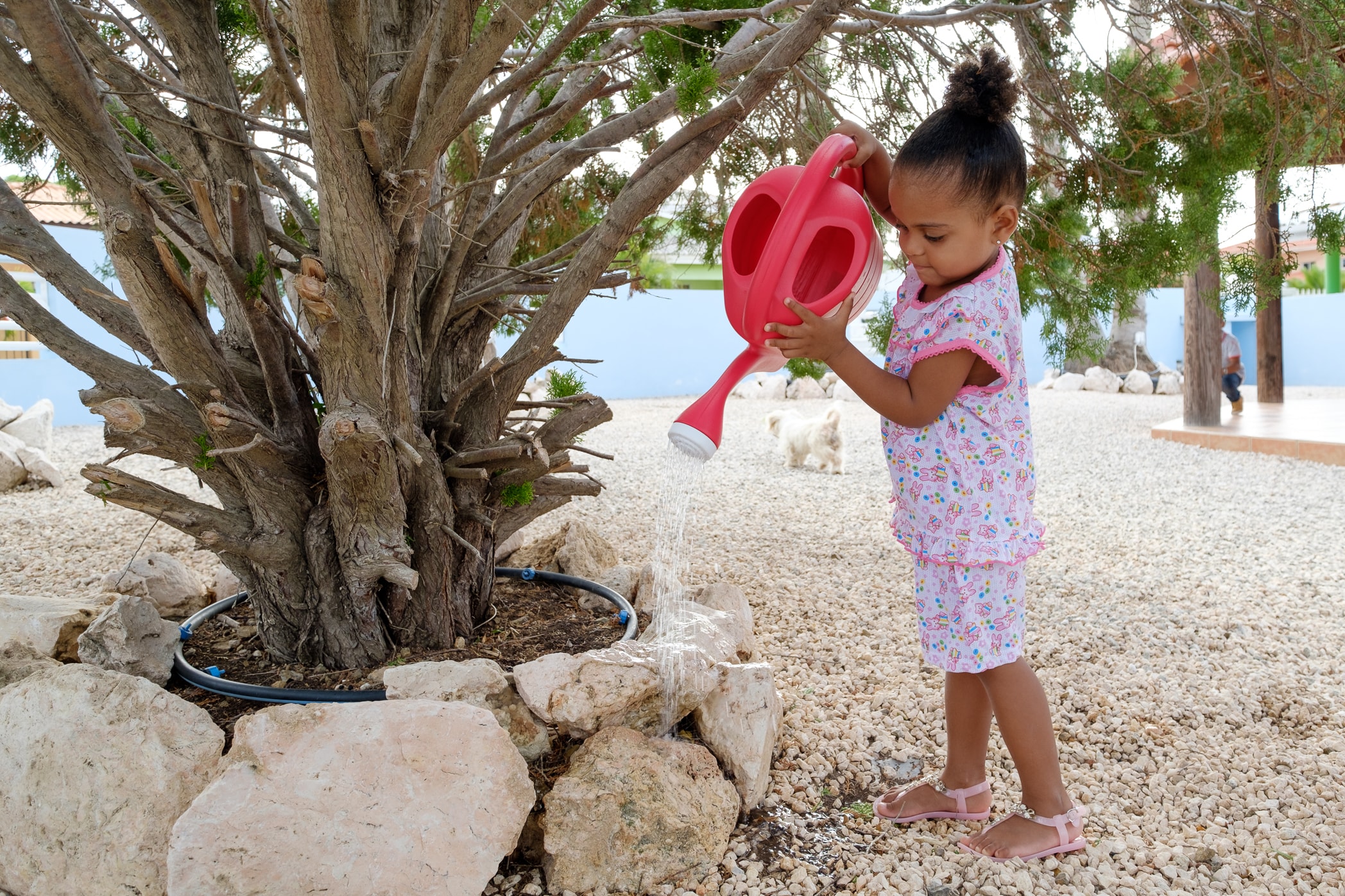
Every little bit helps...
By handling water and electricity in and around your house more consciously and also pointing out the advantages of energy saving to your housemates, you yourself can lower your energy bill in a simple manner. By paying attention to little daily habits, you can save considerably on an annual basis:
- Limit the showering time as much as possible and don’t take a shower unnecessarily.
- Turn off the faucet when soaping, brushing your teeth or shaving.
- Teach the kids how to turn off the faucet well after using it.
- Take a shower rather a bath.
- Don’t allow the water to run too long to allow it to become warmer.
- Select the correct pot size when cooking; pots that are too large require more cooking water.
- When cooking water, use kettle and not an open pot; in this way you will prevent loss of water due to evaporation and you will save on energy.
- Wash the outside of the windows with a sponge, shammy leather and a bucket of water; don’t use a garden hose.
- If you, nevertheless, have to use a garden hose, install a water pistol first.
- Allow frozen products to thaw by themselves. It costs more money to thaw frozen products in a microwave oven.
- When cooking with electricity, it is important for the bottom of the pot to be approximately just as big as the hot plate. Therefore, do not put a large pot on a small hot plate, or even worse, a small pot on a large hot plate.
- If your water pressure is high, have a plumber install a regulating valve.
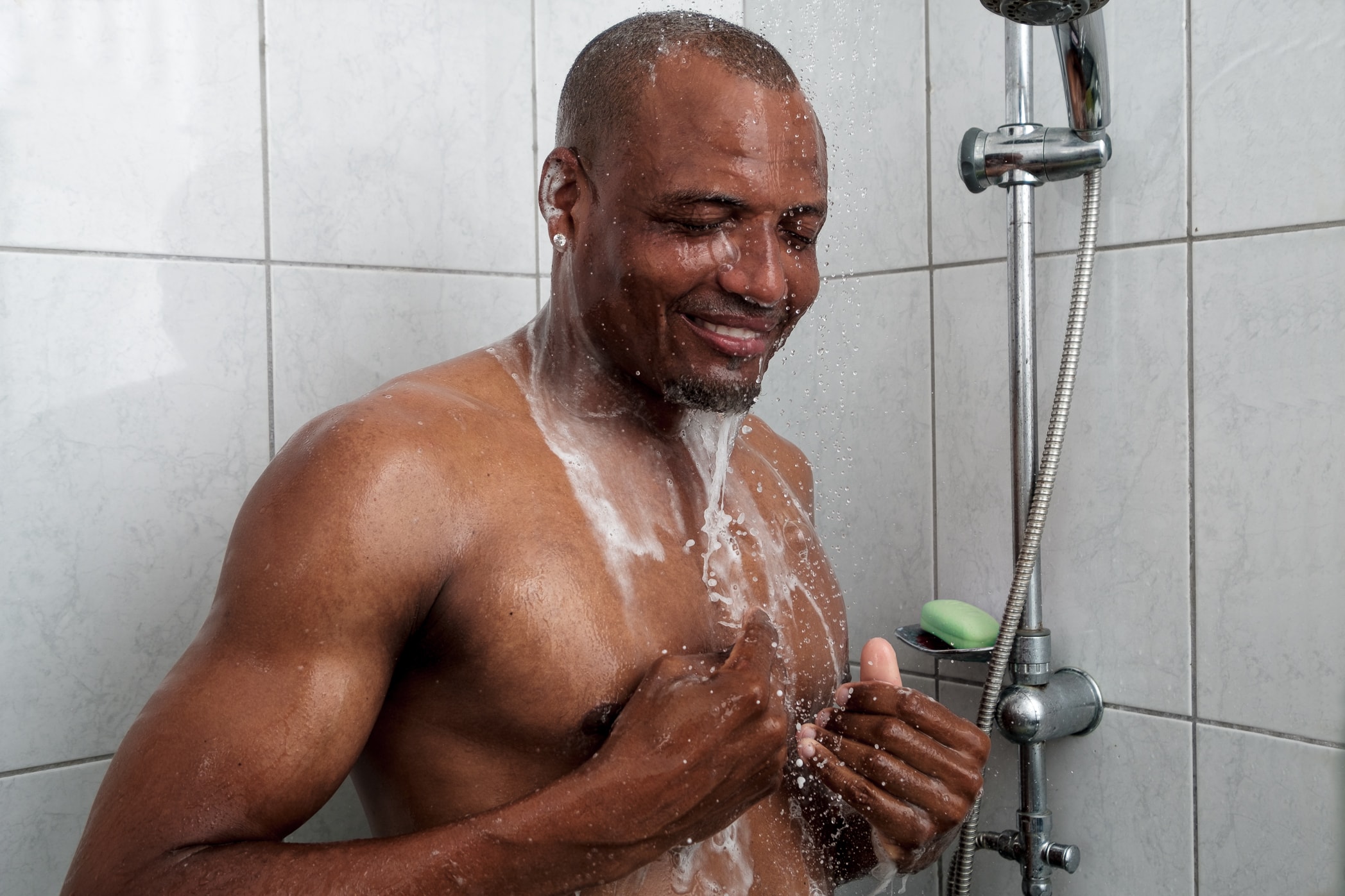
Where to find us?
The department of Communication is at Pater Euwensweg in Otrobanada. Contact us at 4625968 Monday through Friday, 7:30 to 12:00 and 13:00 to 16:30. Review tips on conserving by clicking HERE and begin learn how to more consciously use water and power in your home.

